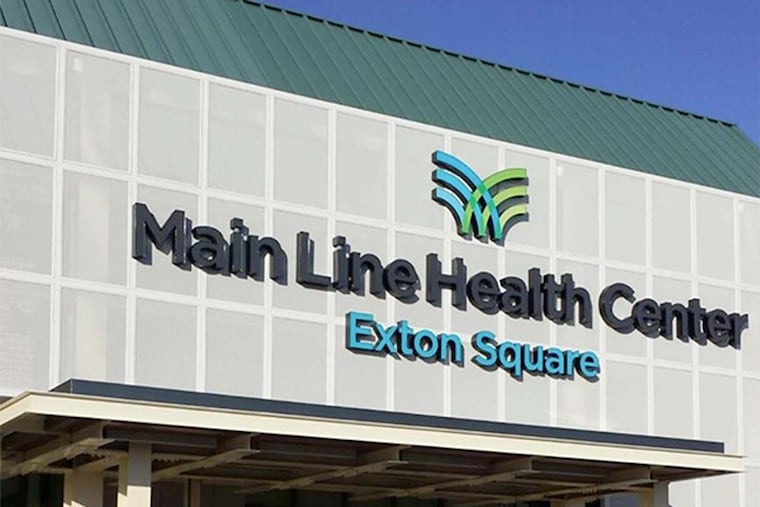Main Line Health sees more patients, has bigger operating loss in nine months ended March 31
Hospital closures have driven business to Main Line's hospitals, but costs continue rising faster than revenues.

Patient admissions, emergency department visits, and outpatient surgeries are up solidly at Main Line Health, according to the latest financial update from the not-for-profit health system with four acute-care hospitals in Philadelphia’s western suburbs.
But the financial picture remains gloomy.
Already in the first nine months of the fiscal year, Main Line recorded an operating loss of $114 million — more than its $102 million loss in the 12 months of fiscal 2022, the organization reported Thursday.
The system’s revenue rose 4.5%, to $1.64 billion from $1.57 billion in the nine months that ended March 31.
Main Line officials were not available to comment Friday, but last November the organization’s CEO, Jack Lynch, said that increases in costs per patient were outpacing increases in revenue per patient. Lynch blamed years of low Medicare rate increases for a large part of the persistent and widespread losses across the health-care industry.
Contributing to rising patient counts at Main Line hospitals are the closures of Delaware County Memorial Hospital, Brandywine Hospital, and Jennersville Hospital. Main Line owns Lankenau Medical Center, as well as Bryn Mawr, Paoli, and Riddle Hospitals.
Financial potholes
Main Line suffered credit ratings downgrades by all three major ratings agencies late last year that were surprising, given its longtime status as a financial stalwart in the region. Its position in the suburbs has meant many of its patients had commercial insurance that paid better rates than government plans, which other systems rely on more heavily to pay for patient care.
Standard & Poor’s lowered Main Line’s rating to AA- from AA, citing the health system’s “sizable” operating loss in fiscal 2022 and noted that Main Line’s financial reserves had been shrinking but remain strong, thanks in part to affiliated foundations that were worth $579 million last June.
Financial difficulties like those at Main Line are prevalent nationwide, and even systems that remain profitable on an operating basis have margins that are significantly below historical norms, Eric Jordahl, a managing director at Kaufman Hall, a Chicago health-care consulting firm, said in a commentary published Friday.
“Where we are is not sustainable and waiting for things to return to how they used to be is a rapidly decaying option,” he said.